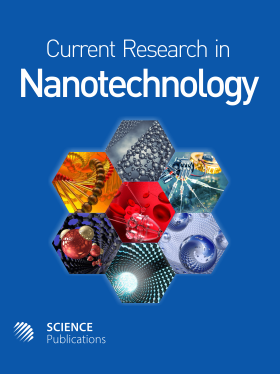Effects of Complexing Agent on Electrochemical Micro Machining of Stainless Steel
- 1 Harbin Institute of Technology, China
- 2 Research Institute of Micro/Nano Science and Technology, China
Abstract
Problem statement: Electrochemical Machining (ECM) is a prospective technique in micro machining. The productions of work piece in ECM are precipitation of hydroxide, which will block the machining gap. To prevent the formation of hydroxide, acids were often used. To machining work piece which is not acid-resistant, acids are not suitable. Approach: This study is conducted to find the effects of complexing agent on Electrochemical Micro Machining (ECM) of stainless steel. Compared to acids, the complexing agent is non-toxic and non-corrosive. ECM of stainless steel by applying short pulses in sodium chlorate electrolyte added with complexing agent is researched. Ethylenediaminetetraacetic acid disodium salt (EDTA-Na2) is a kind of widely used complexing agent. The usage of EDTA-Na2 prevented the formation of hydroxide. On the other hand, without EDTA-Na2, the electrode was attached with precipitation of hydroxide and short circuit occurred frequently. Results: Experiments results indicated that EDTA-Na2 can avoid the short circuit and not increase the side gap of electrochemical machining. Conclusion: EDTA-Na2 can form complex compound with ions of anode and dissolved in electrolyte. It is a kind of effective complexing agent in electrochemical machining of stainless steel.
DOI: https://doi.org/10.3844/ajnsp.2010.7.12

- 3,711 Views
- 2,809 Downloads
- 1 Citations
Download
Keywords
- Electrochemical micro machining
- micro hole
- complexing agent
- EDTA-Na2
- non-toxic
- non-corrosive
- Ethylenediaminetetraacetic acid
- sodium chlorate
